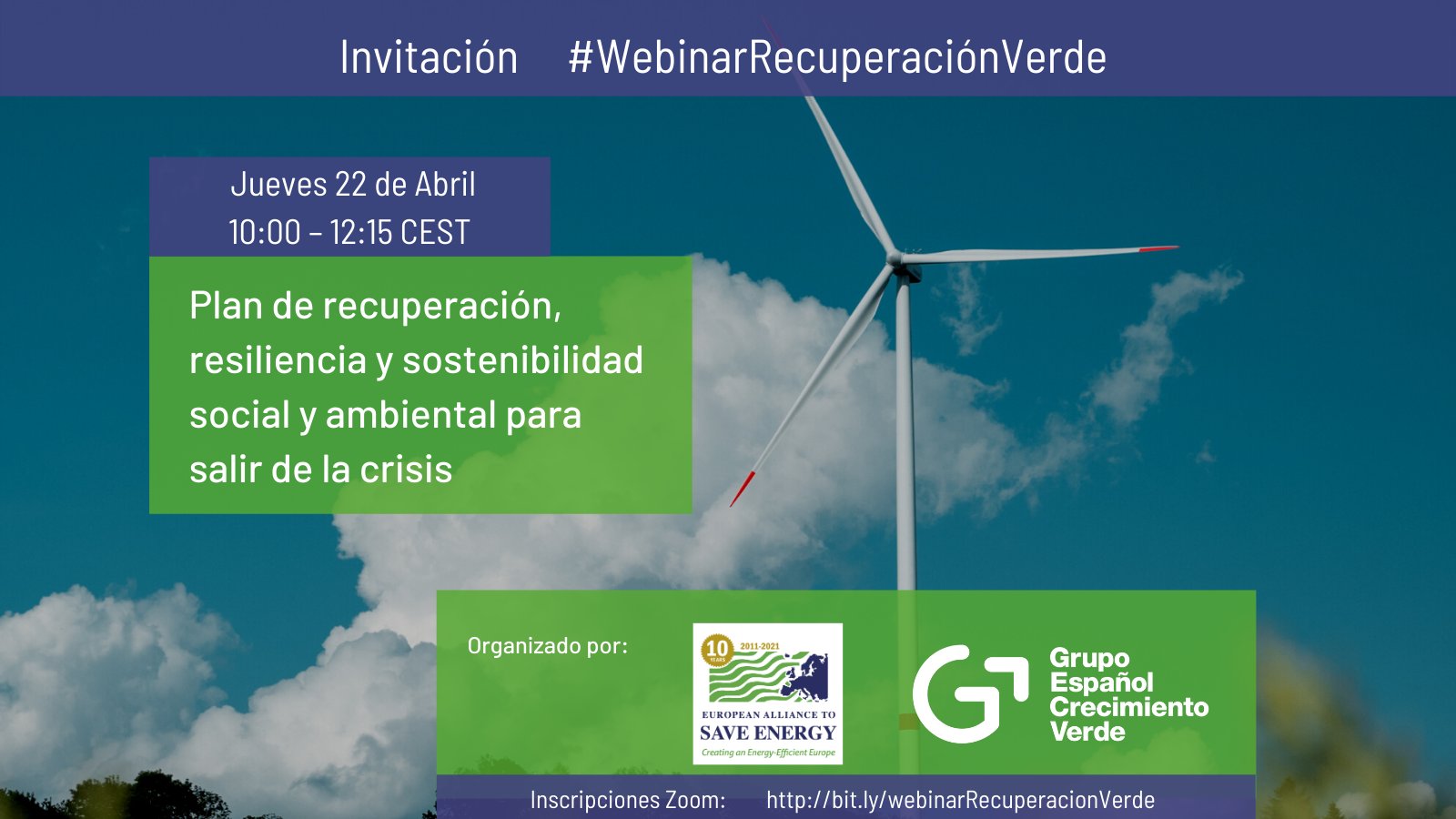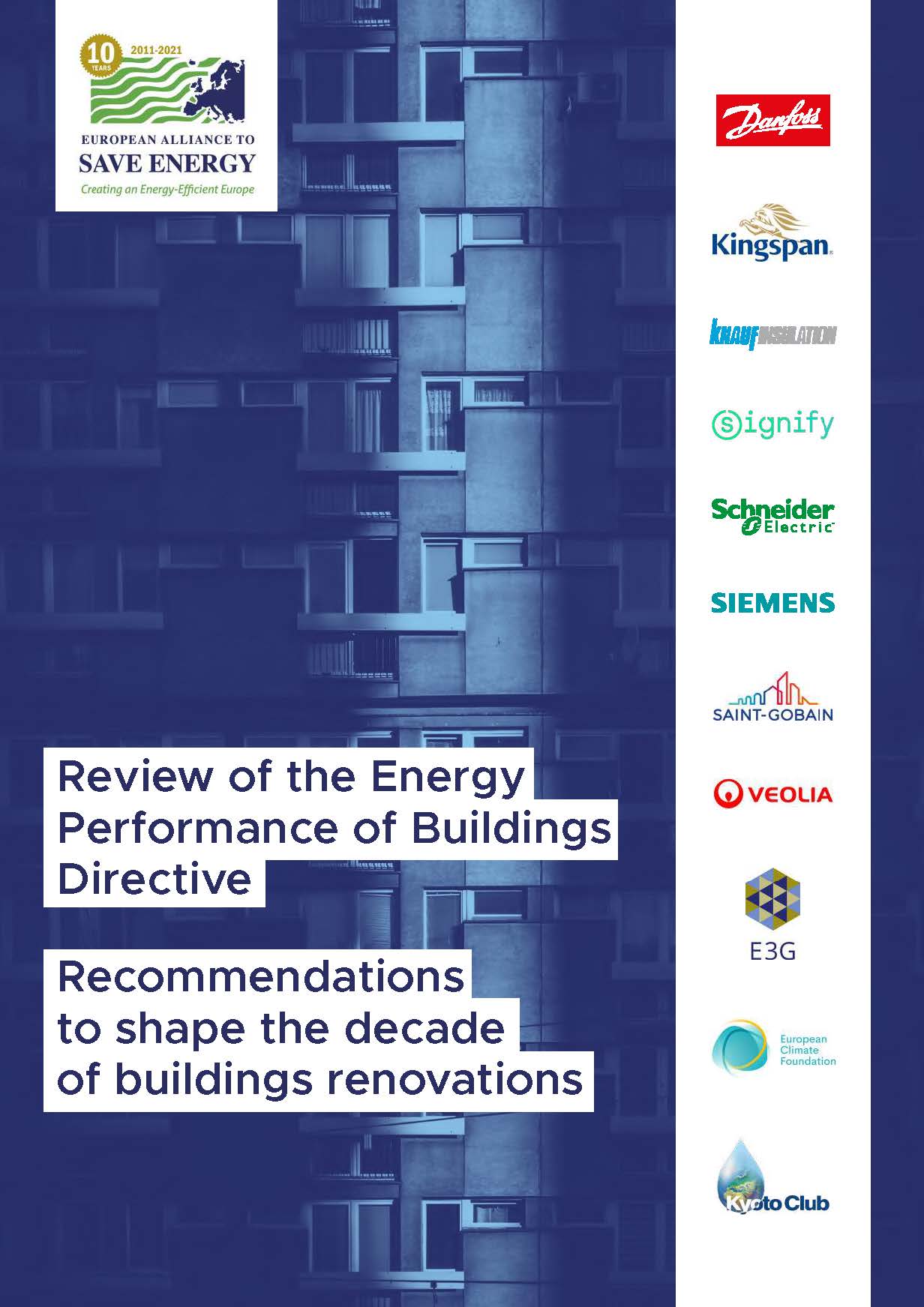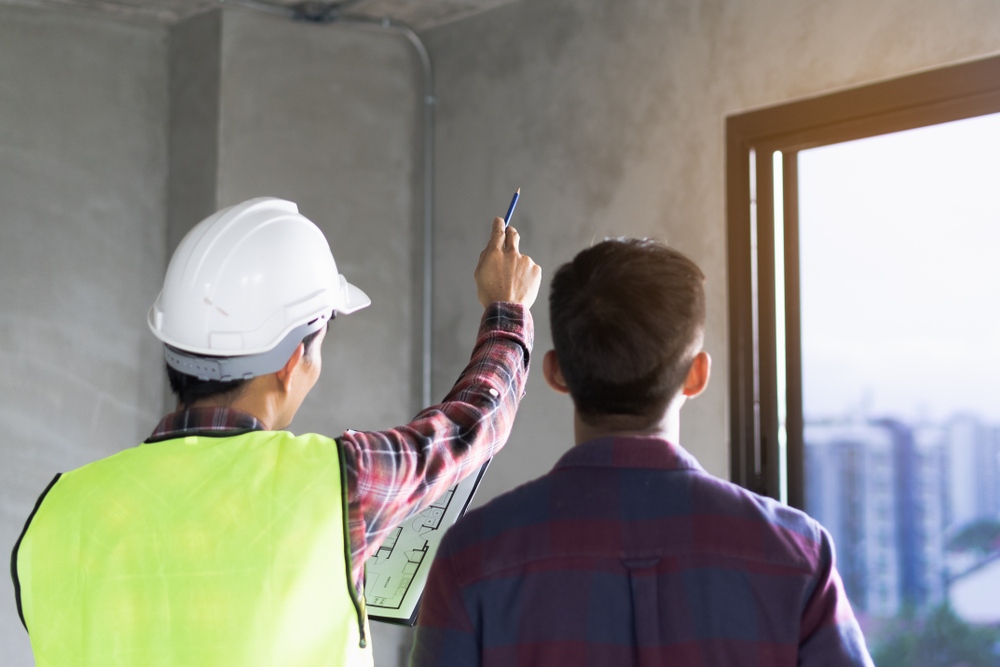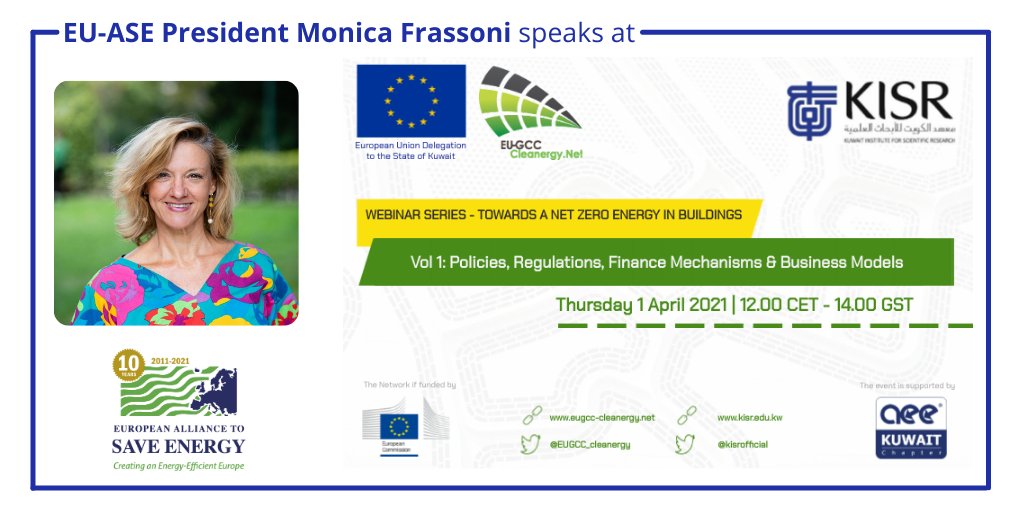The introduction of a carbon price in the building sector will only encourage fuel switching and risks burdening those least able to pay with the cost of decarbonisation. If implemented, it should be complemented with legislation to boost energy efficiency.
by Monica Frassoni, President of the European Alliance to Save Energy (EU-ASE)
At the end of 2020 European Union leaders agreed to increase the bloc’s emission-reduction target to at least 55% by 2030, confirming the EU’s commitment to becoming the first climate-neutral continent by 2050. If the EU wants to achieve this ambitious goal, it needs to increase its action to decarbonise one of its most energy-intensive and polluting sectors: buildings.
As an example, the CO2 emissions from space and water heating in residential buildings represent 12% of the total EU emissions, as much as all cars in Europe combined. This is the case because more than 75% of the energy produced for heating homes currently comes from fossil fuels. Switching from fossil to low or zero-carbon fuels has an enormous potential in terms of CO2 savings—an estimated 291 tonnes of CO2 by 2050.
In this context, the European Union is discussing the opportunity to establish a carbon price in the building sector. However, that is far from being simple.
Before implementing carbon pricing, lawmakers must carefully assess its different modalities (from a tax to market-based instruments, such as an emissions trading system) and impact on the building sector, in light of its specificities. These include the low-price elasticity of energy demand, which shows that energy prices are inelastic in both the short and long term: energy consumption will fall by less than 1% in response to a 1% increase in energy prices. Such low elasticity could only be overcome with a significantly higher CO2 price.
Moreover, carbon pricing for buildings may be ineffective due to the peculiar management or ownership structure of the sector. This generates split incentives which tend to blur the responsibilities and the related costs for fuel switch. Even if a fuel switch is achieved, a carbon price alone is expected to have a limited impact in terms of buildings’ energy efficiency gains, which are crucial for achieving decarbonisation quicker and with fewer resources through renovations—especially deep ones—of the existing building stock.
Read the full article on FORESIGHT Climate & Energy





